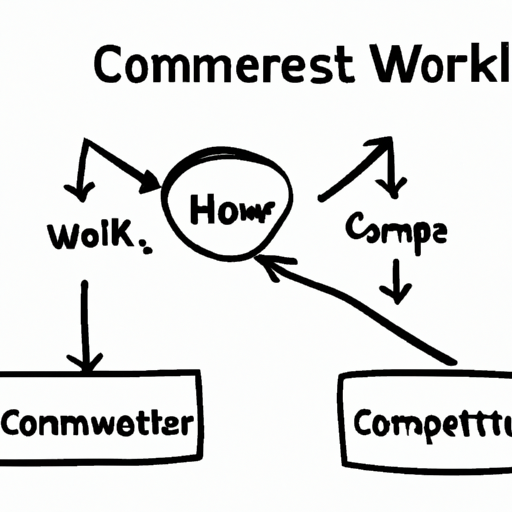A compiler is a software tool that translates high-level programming languages into machine code that can be executed by a computer. It plays a crucial role in the software development process by converting human-readable code into a format that a computer can understand and execute. In this article, we will explore how compilers work, the different stages of the compilation process, and the importance of compilers in modern software development.

1. Lexical Analysis: The first stage of the compilation process is lexical analysis, also known as scanning. In this stage, the compiler reads the source code character by character and breaks it down into tokens. These tokens are the smallest units of the programming language, such as keywords, identifiers, operators, and literals. The lexical analyzer removes any unnecessary characters, such as whitespace and comments, and generates a stream of tokens that represent the input code.
2. Syntax Analysis: After the lexical analysis stage, the compiler moves on to syntax analysis, also known as parsing. In this stage, the compiler checks the syntax of the source code to ensure that it conforms to the rules of the programming language. This is done by constructing a parse tree, which represents the hierarchical structure of the code based on the grammar of the language. If the code contains any syntax errors, the compiler will generate an error message and stop the compilation process.
3. Semantic Analysis: Once the syntax analysis stage is complete, the compiler performs semantic analysis to check the meaning of the code. This stage involves analyzing the context in which the code is used, such as variable declarations, function calls, and type compatibility. The compiler checks for semantic errors, such as type mismatches and undeclared variables, and generates error messages if any issues are found. Semantic analysis ensures that the code is semantically correct and can be translated into machine code.
4. Code Generation: After the semantic analysis stage, the compiler moves on to code generation, where it translates the source code into machine code. This involves mapping the high-level language constructs to the corresponding machine instructions that the computer can execute. The compiler generates an intermediate representation of the code, such as assembly language or machine code, that can be executed by the target machine. Code generation is a critical stage in the compilation process, as it determines the efficiency and performance of the compiled code.
5. Optimization: The final stage of the compilation process is optimization, where the compiler improves the efficiency and performance of the generated code. This involves analyzing the intermediate representation of the code and applying various optimization techniques to reduce the code size, improve execution speed, and minimize resource usage. Optimization can include techniques such as constant folding, loop unrolling, and dead code elimination. The goal of optimization is to produce optimized machine code that runs faster and consumes fewer resources.
In addition to these stages, compilers may also include other components, such as a symbol table, error handler, and linker. The symbol table is used to store information about identifiers, such as variable names and data types, to facilitate semantic analysis. The error handler is responsible for detecting and reporting errors in the source code, such as syntax errors and semantic errors. The linker is used to combine multiple object files into a single executable program and resolve external references between them.
Compilers play a crucial role in modern software development by enabling programmers to write code in high-level languages and translate it into machine code that can be executed by computers. Without compilers, programmers would have to write code directly in machine language, which is tedious and error-prone. Compilers automate the translation process and provide a convenient way to develop software efficiently.
In conclusion, compilers are essential tools in the software development process that translate high-level programming languages into machine code. They perform a series of stages, including lexical analysis, syntax analysis, semantic analysis, code generation, and optimization, to convert source code into executable programs. Compilers play a critical role in modern software development by enabling programmers to write code in high-level languages and generate efficient and optimized machine code. By understanding how compilers work and the importance of their role, programmers can develop software more effectively and efficiently.